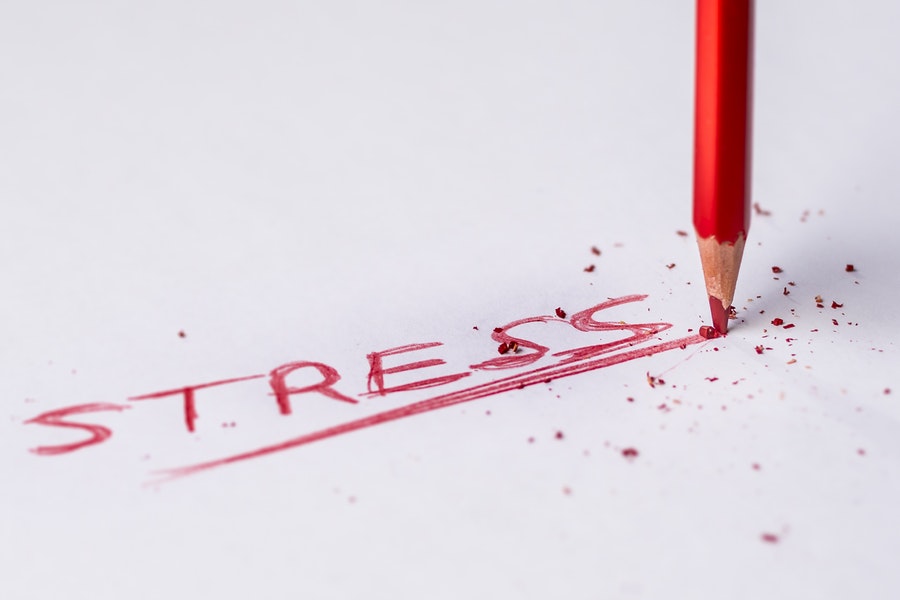Stress is bad. Avoiding stress is in your best interest. Avoid embarking on stressful ventures and, when stress is unavoidable, figure out how to minimize it.
As a full-time student, balancing studies, managing a job, a social life and extracurriculars, stress is expected. Most of the time, stress is manageable but it can occasionally rise to unwieldy levels. When this happens, the overwhelm causes a shut down. The initial reaction is to push the stressors out of your mind, turn on Netflix and ignore life for a few hours. Is this the healthiest way to respond to stress? Probably not. But it’s not uncommon.
In her 2013 TedGlobal Ted Talk, Kelly McGonigal, author of The Upside of Stress, reveals her findings that stress is not what we’ve been trained to think it is. McGonigal refers to a study which tracked 30,000 adults in the United States over eight years. They asked individuals how much stress they experienced in the previous year and they also asked if individuals believed that stress was harmful to their health.
Those who experienced a lot of stress in the previous year had a 43 per cent increased risk of death but that was only true for the people who believed that stress was harmful for your health.
“People who experienced a lot of stress but did not view stress as harmful were no more likely to die. In fact, they had the lowest risk of dying of anyone in the study, including people who had relatively low stress,” said McGonigal.
Stress is not the problem, how we view stress is the problem. If we make a conscious effort to improve how we think about stress, we can change how our body responds to the stress.
McGonigal’s research also shows that when we change our perception to view stress as helpful, individuals remain more relaxed in stressful situations and their cardiovascular profile actually exhibits similar qualities as in moments of joy and courage. This means that if we learn to view stress as beneficial, the heart will demonstrate the same characteristics during moments of joy and courage as it does during stress.
When humans experience stressful situations, the pituitary gland releases oxytocin. Oxytocin is a natural anti-inflammatory, combating the negative effects that stress can have on our heart and blood vessels. It’s also the chemical that causes humans to crave physical and social connection.
“Your stress response has a built in mechanism for stress resilience, and that mechanism is human connection,” says McGonigal. “When oxytocin is released in the stress response, it is motivating you to seek support. You biological stress response is nudging you to tell someone how you feel.”
When we reach out to friends, family, or professionals as a way of handling stress, your brain releases even more oxytocin. The stress response becomes healthier and we actually recover faster from stress. If we learn to embrace stress, view it as helpful to our overall success and get comfortable with seeking support in times of discomfort, stress doesn’t have to be overwhelming.
When stress and discomfort rises prior to an impending situation, it could mean that situation is outside your comfort zone. Without making an effort to face that discomfort, personal growth is stunted. Venturing outside of your comfort zone almost always leads to positive personal growth, better health and increased opportunities.
Embracing stress and learning to understand the reasoning behind stress is better for your health than any Netflix Original.
– Shawna Bannerman, Assistant Editor





